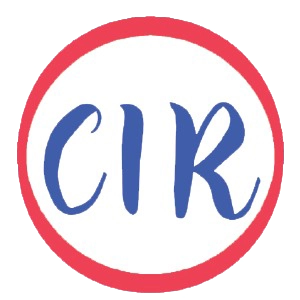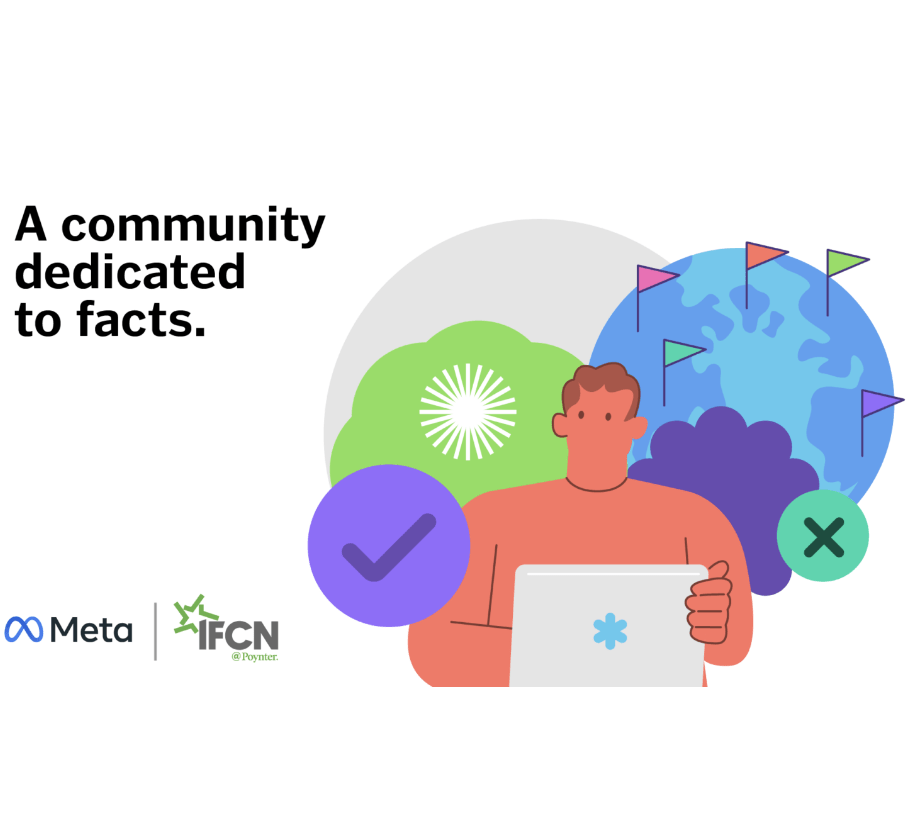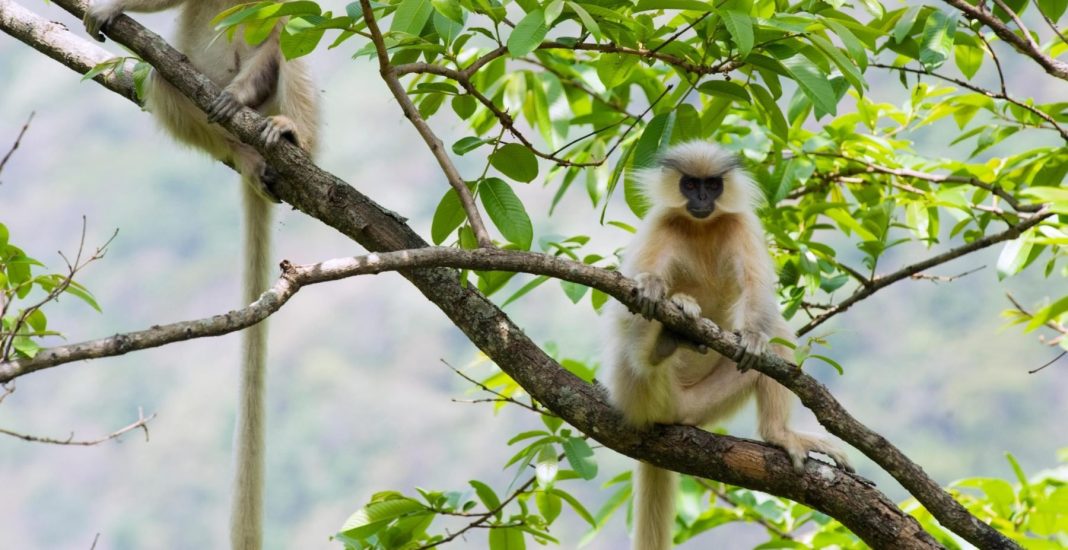The self-paced fact-checking course is available in 15 languages, including Korean, Pashto, Urdu and more.
ST. PETERSBURG, Fla. (Apr. 4, 2023) — The International Fact-Checking Network at the nonprofit Poynter Institute, a global leader in journalistic excellence, has partnered with Meta to create a free introductory fact-checking course serving journalists in the Asia-Pacific region.
Composed of three modules that focus on an introduction to fact-checking; verification and debunking; and tackling health-related disinformation, the course will prime journalists on how to find fact-checkable claims, the methodology for fact-checking and tools and techniques to assist in their journey.
This self-paced course is currently available in 15 languages and is designed to be completed in two to three hours. Journalists, academics and aspiring fact-checkers throughout the region are encouraged to participate. All participants who successfully complete the course will receive a certificate honoring their commitment to improving the global information ecosystem.
“By partnering with Meta and offering this free fact-checking course to journalists, the IFCN is taking a crucial step in empowering individuals with the necessary tools to combat misinformation and strengthen journalistic excellence in the Asia-Pacific region,” said interim IFCN Director Ferdi Özsoy.
“This course is accessible to anyone with an interest in learning about fact-checking, developing their skills and incorporating fact-checking into their daily work,” said Aya Lowe, Integrity Partnerships, News Meta Asia Pacific.
“Fact-checking is an essential pillar of our work to address misinformation at Meta, and we believe upskilling people in Asia Pacific with courses like this, is critical to help develop and strengthen the entire system.”
Meta and the IFCN are key partners that work together to support the information ecosystem through Meta’s Third Party Fact-Checking Program. These programs support journalists and strengthen and boost the credibility of fact-checkers in the fight against misinformation in the Asia-Pacific region.
The course will be available ahead of GlobalFact 10, the world’s largest and most impactful fact-checking summit, taking place this year in the Asia-Pacific region. This event is hosted by the International Fact-Checking Network at the Poynter Institute in partnership with SNUFactCheck and will take place June 28-30, 2023, in person in Seoul, South Korea, and online at globalfact10.com.
See Fact-Checking Fundamentals with IFCN in the languages below, hosted on Poynter.org.
- English
- Bahasa/Indonesian
- Bangla
- Dari
- Japanese
- Khmer
- Korean
- Malay
- Nepali
- Pashto
- Sinhala
- Tamil
- Thai
- Traditional Chinese
- Urdu
To learn more about the IFCN, visit poynter.org/ifcn.
Media Contact:
Sara Bealor
Marketing Communications Writer
The Poynter Institute
sbealor@poynter.org
(727) 337-7007, ext. 828
About The Poynter Institute
The Poynter Institute is a global nonprofit working to address society’s most pressing issues by teaching journalists and journalism, covering the media and the complexities facing the industry, convening and community building, improving the capacity and sustainability of news organizations and fostering trust and reliability of information. The Institute is a gold standard in journalistic excellence and dedicated to the preservation and advancement of press freedom in democracies worldwide. Through Poynter, journalists, newsrooms, businesses, big tech corporations and citizens convene to find solutions that promote trust and transparency in news and stoke meaningful public discourse. The world’s top journalists and emerging media leaders rely on the Institute to learn new skills, adopt best practices, better serve audiences, scale operations and improve the quality of the universally shared information ecosystem.
The Craig Newmark Center for Ethics and Leadership, the International Fact-Checking Network (IFCN), MediaWise and PolitiFact are all members of the Poynter organization.
Support for Poynter and our entities upholds the integrity of the free press and the U.S. First Amendment and builds public confidence in journalism and media — an essential for health democracies. Learn more at poynter.org.




